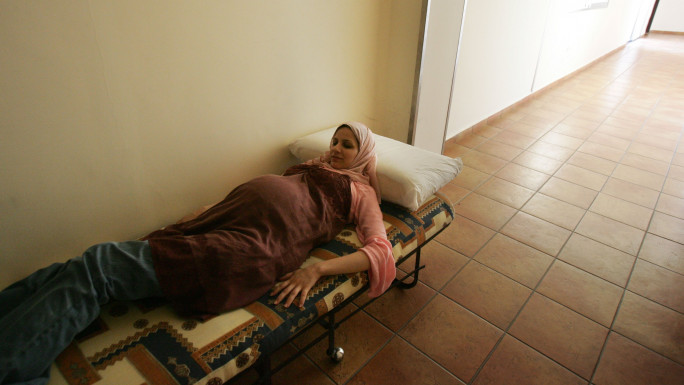
Muslim Vikings? Allah inscriptions found on Norse burial clothing
Swedish researchers have discovered Arabic-language characters on Viking burial clothes, shedding light on the Muslim world's surprsing links to the seafaring people.
An academic at Uppsala University announced last week that she had found the words "Allah" and "Ali" on woven bands in the Kufic script at Viking-age grave sites.
"One exciting detail is that the word 'Allah' is depicted in mirror image," said Annika Larsson, researcher in textile archaeology at the Department of Archaeology and Ancient History at Uppsala University.
"It is a staggering thought that the bands, just like the costumes, was made west of the Muslim heartland. Perhaps this was an attempt to write prayers so that they could be read from left to right," Larsson explained.
"That we so often maintain that Eastern objects in Viking Age graves could only be the result of plundering and eastward trade doesn't hold up as an explanatory model because the inscriptions appear in typical Viking Age clothing that have their counterparts in preserved images of Valkyries," she added.
The researcher believes that the burial customs of the Vikings, whose advanced longships travelled as far as the Middle East and Central Asia, may have been influenced by Islam and its belief in the afterlife.
During the Middle Ages and Renaissance imitations of the ancient Kufic script were also commonly found in European depictions of scenes from the Holy Land.
The findings of the research are currently on display at Sweden's Enkoping museum until February next year.
The likely link between Viking culture, which has been embraced by far-right European nationalists, and Islam has prompted anger from some people in Sweden.
"The negative reactions have come from xenophobes, without any exceptions. It's the Muslim connection that they find particularly disturbing," Larson told Finnish national broadcaster Yle.






 Follow the Middle East's top stories in English at The New Arab on Google News
Follow the Middle East's top stories in English at The New Arab on Google News


